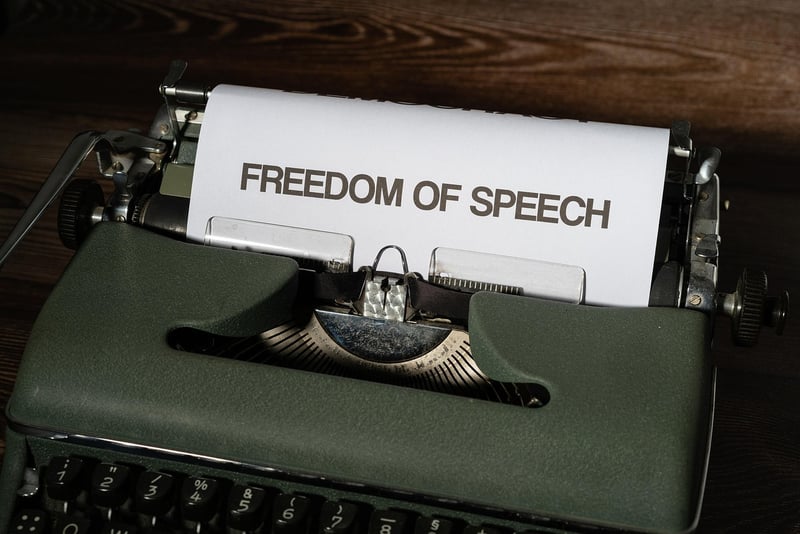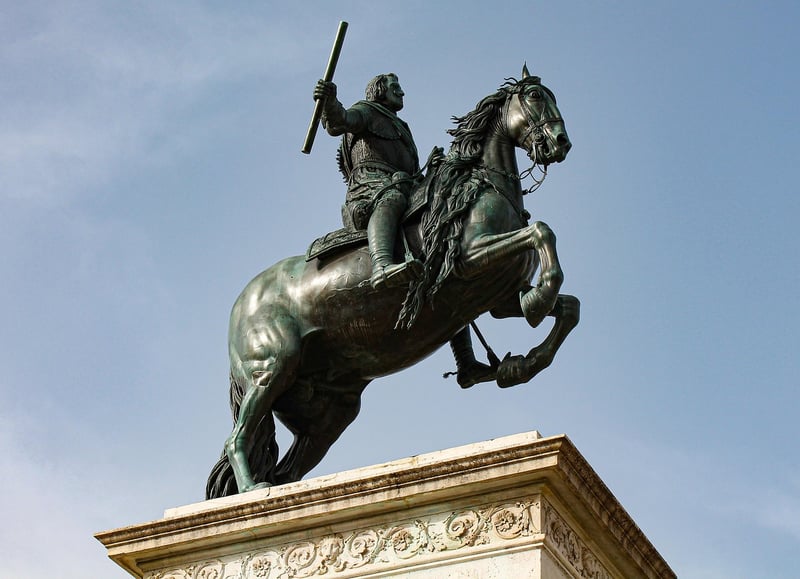Historical Repercussions
The Consequences of Changes and Historical Repercussions
Introduction
Change is a constant in the fabric of human history, shaping societies, cultures, and individuals in profound ways. From technological advancements to political upheavals, every change brings about a set of consequences that ripple through time, leaving a lasting impact on the course of history.
Consequences of Changes
When a significant change occurs, whether it be a scientific breakthrough, a social movement, or an economic shift, it sets off a chain reaction of consequences that can be both immediate and far-reaching.
1. Social Unrest
Social changes often lead to unrest as different groups within society react to new norms, values, or power structures. This can result in protests, conflicts, or even revolutions as people seek to assert their rights or resist unwanted changes.
2. Economic Disruption
Economic changes, such as trade policies, technological innovations, or market crashes, can disrupt industries, livelihoods, and entire economies. This can lead to unemployment, inflation, or even financial crises that have widespread repercussions.
3. Environmental Impact
Changes in the environment, whether due to human activity or natural causes, can have devastating consequences on ecosystems, weather patterns, and overall planetary health. This can result in biodiversity loss, natural disasters, and climate change that affect all life on Earth.
Historical Repercussions
Throughout history, major changes have shaped the world we live in today, leaving behind a legacy of consequences that continue to influence our present and future.
1. Industrial Revolution
The Industrial Revolution, with its advances in manufacturing, transportation, and communication, transformed societies from agrarian to industrial. This led to urbanization, technological progress, and social stratification that laid the foundation for the modern world.

2. World Wars
The two World Wars of the 20th century reshaped global politics, borders, and alliances, leading to the rise of new superpowers and the decline of old empires. The aftermath of these conflicts set the stage for the Cold War and the modern geopolitical landscape.

3. Civil Rights Movement
The Civil Rights Movement in the United States challenged racial segregation and discrimination, paving the way for legal reforms and social progress. It inspired similar movements around the world and continues to influence discussions on equality and justice.

In conclusion, changes, whether big or small, have consequences that echo through time, shaping our world and leaving a mark on history that we must learn from and navigate wisely.
